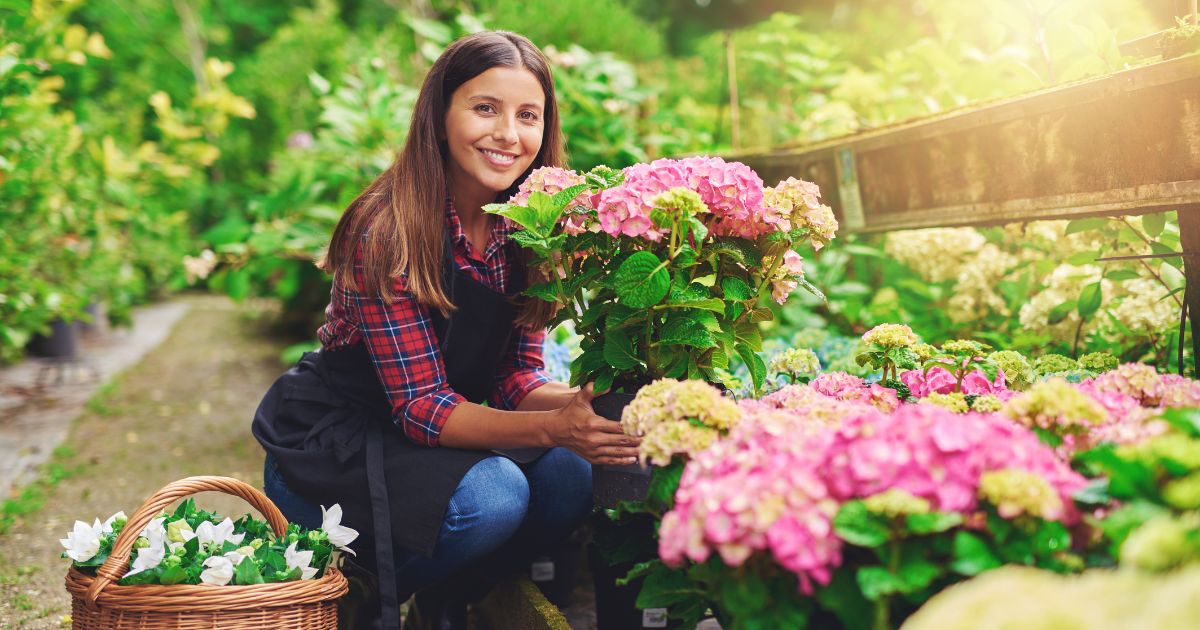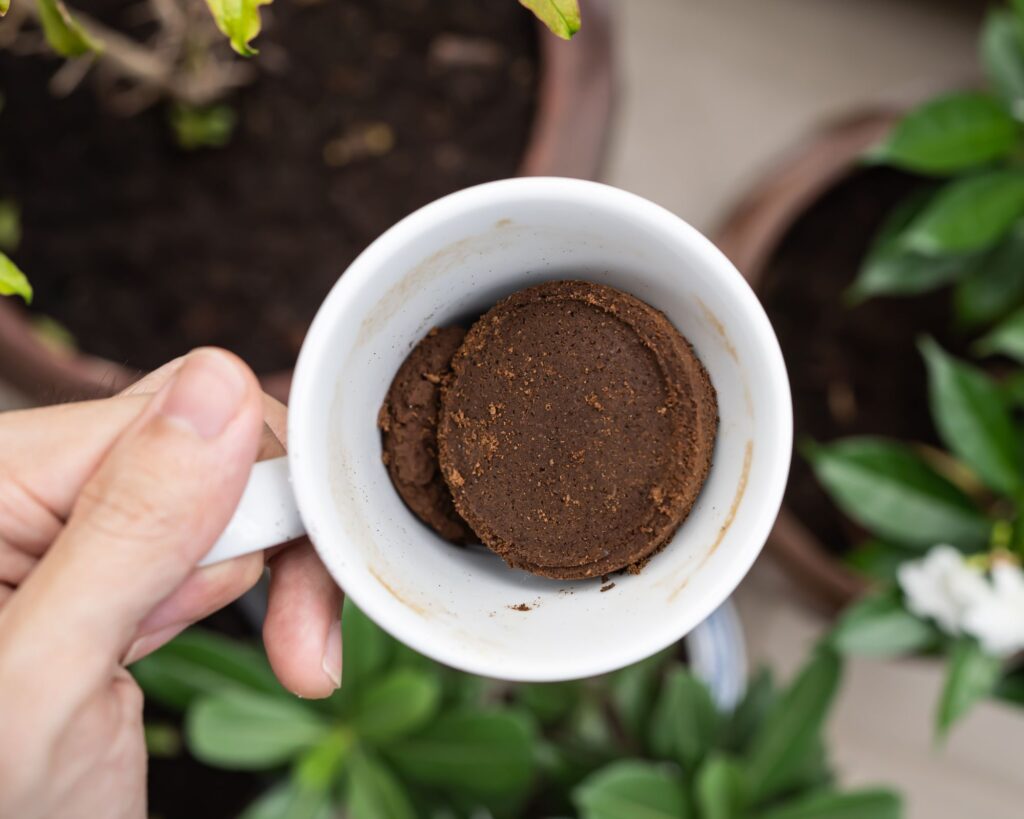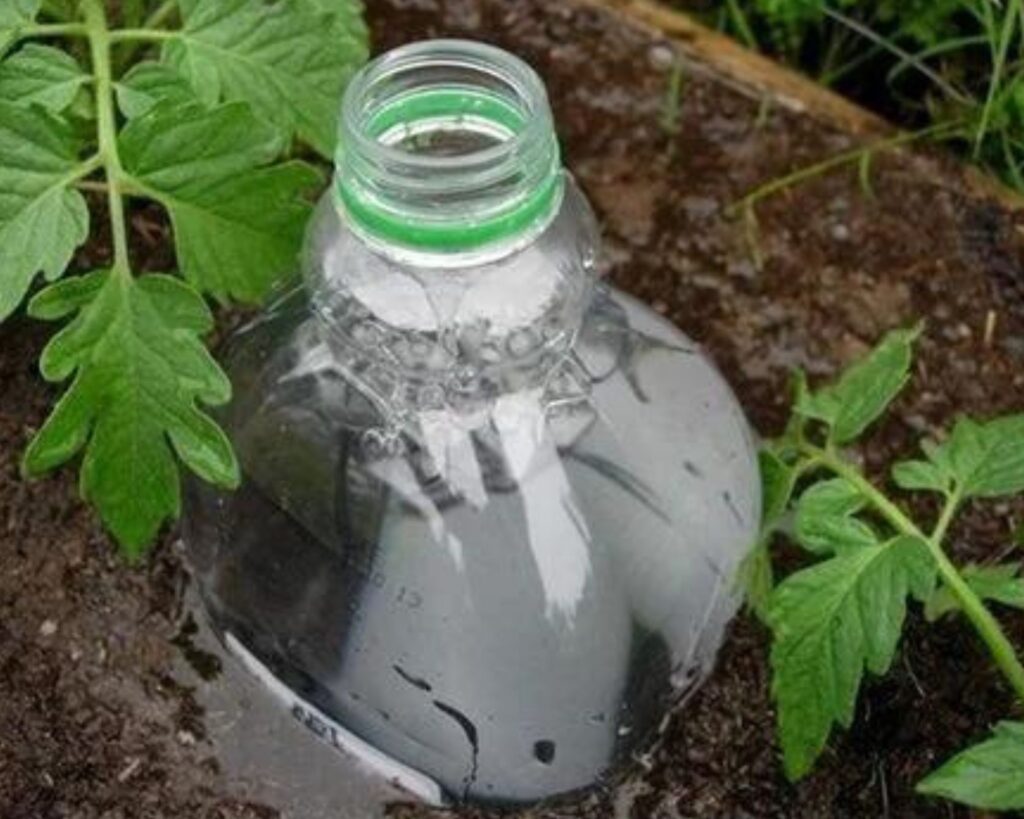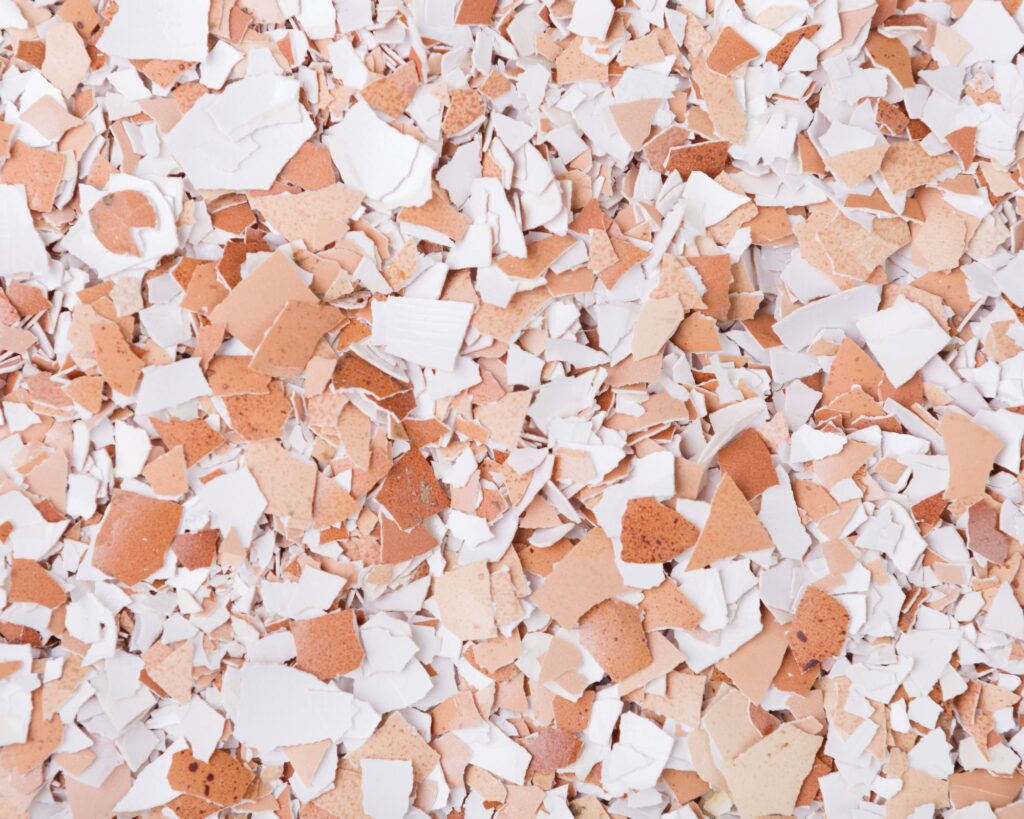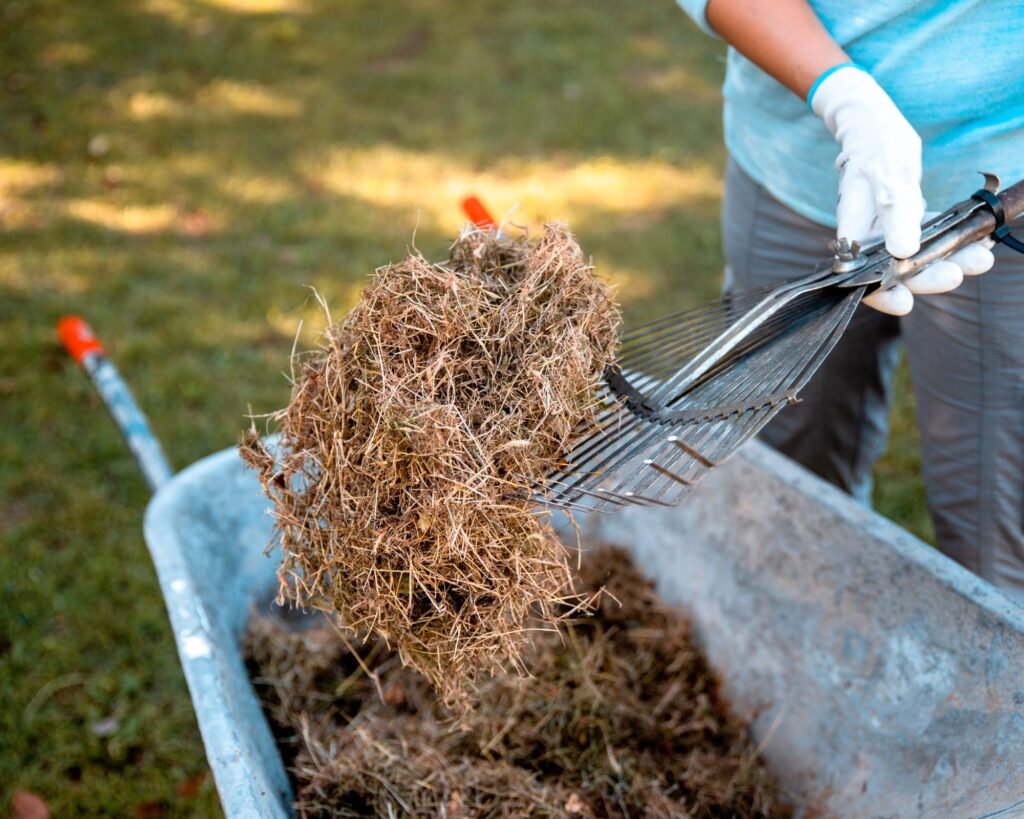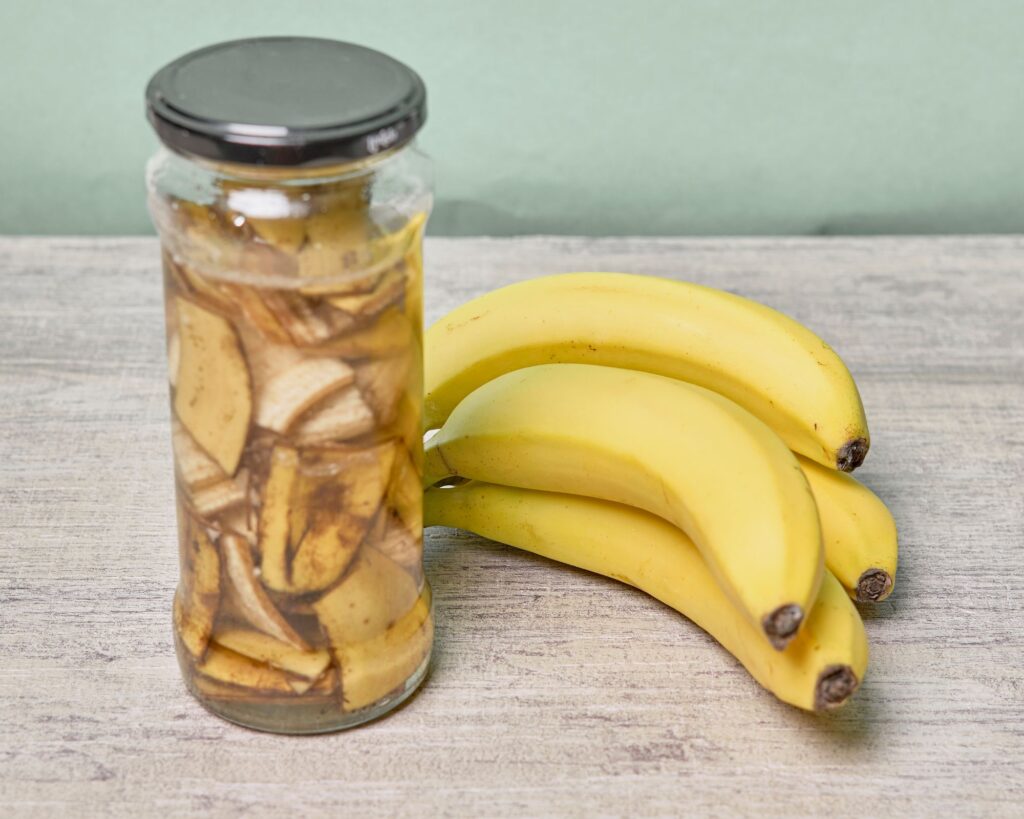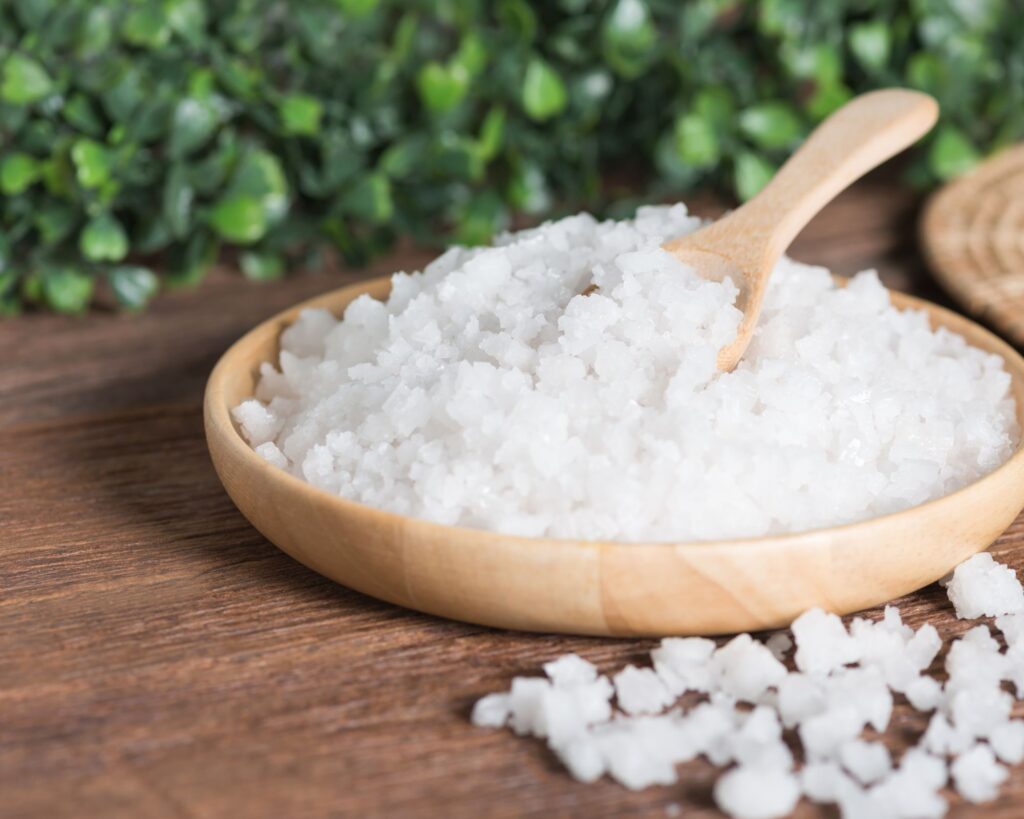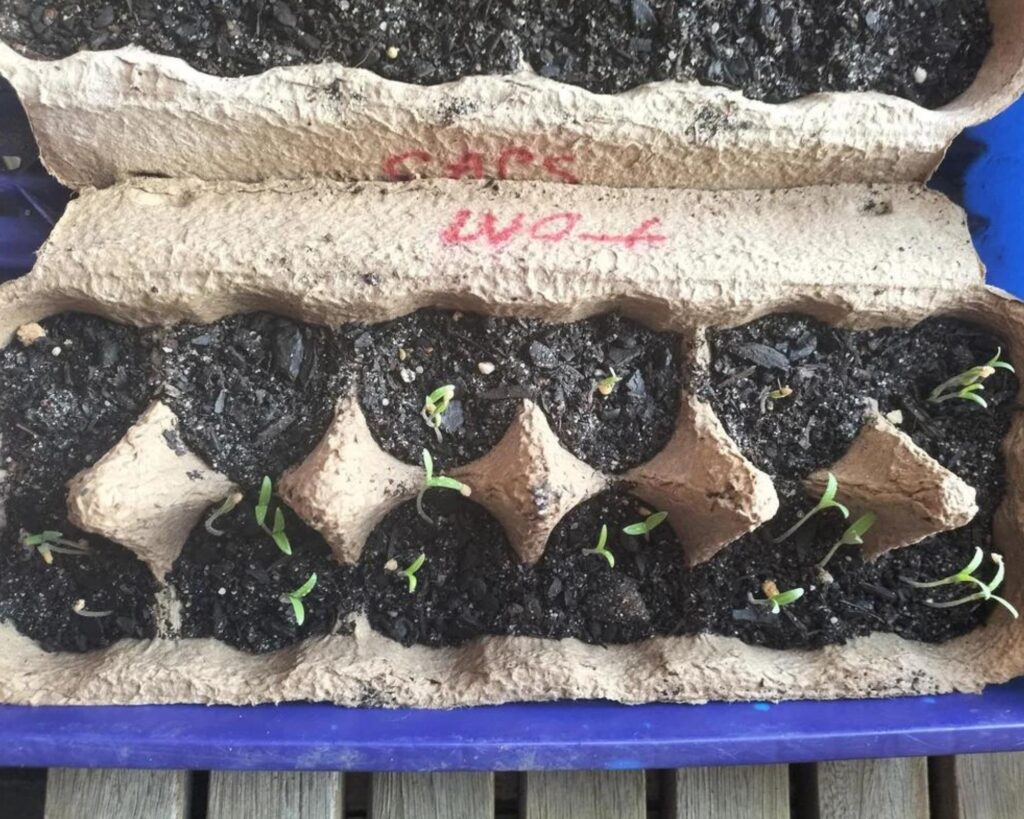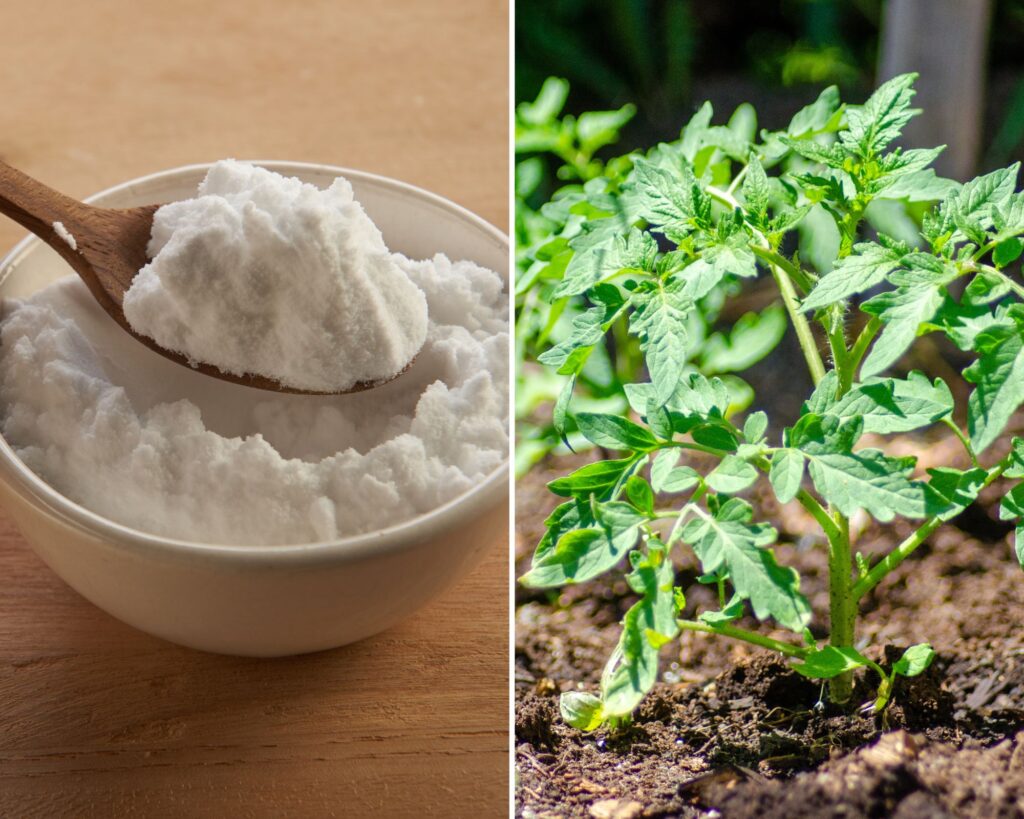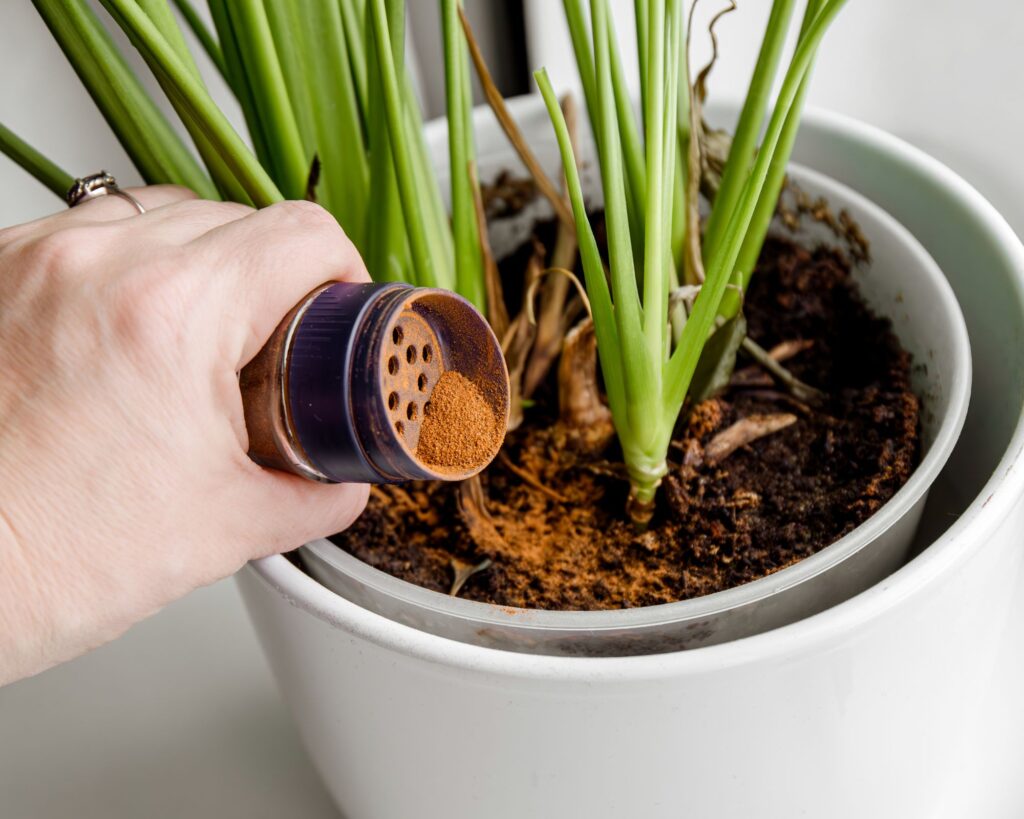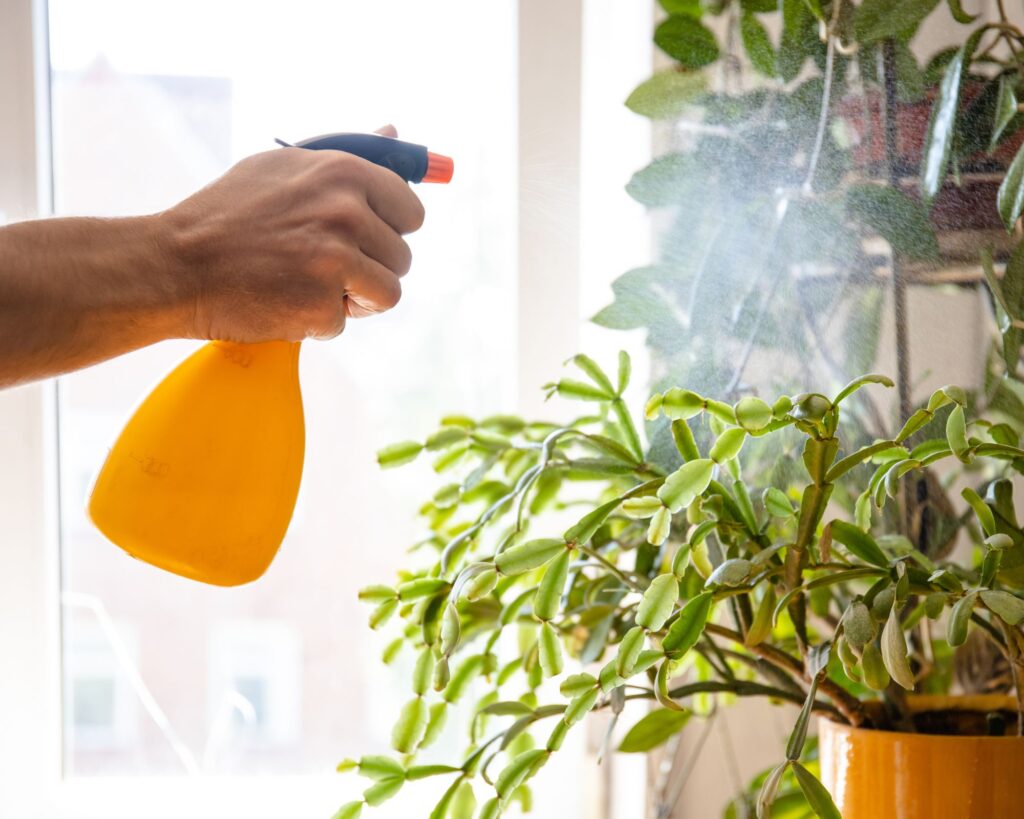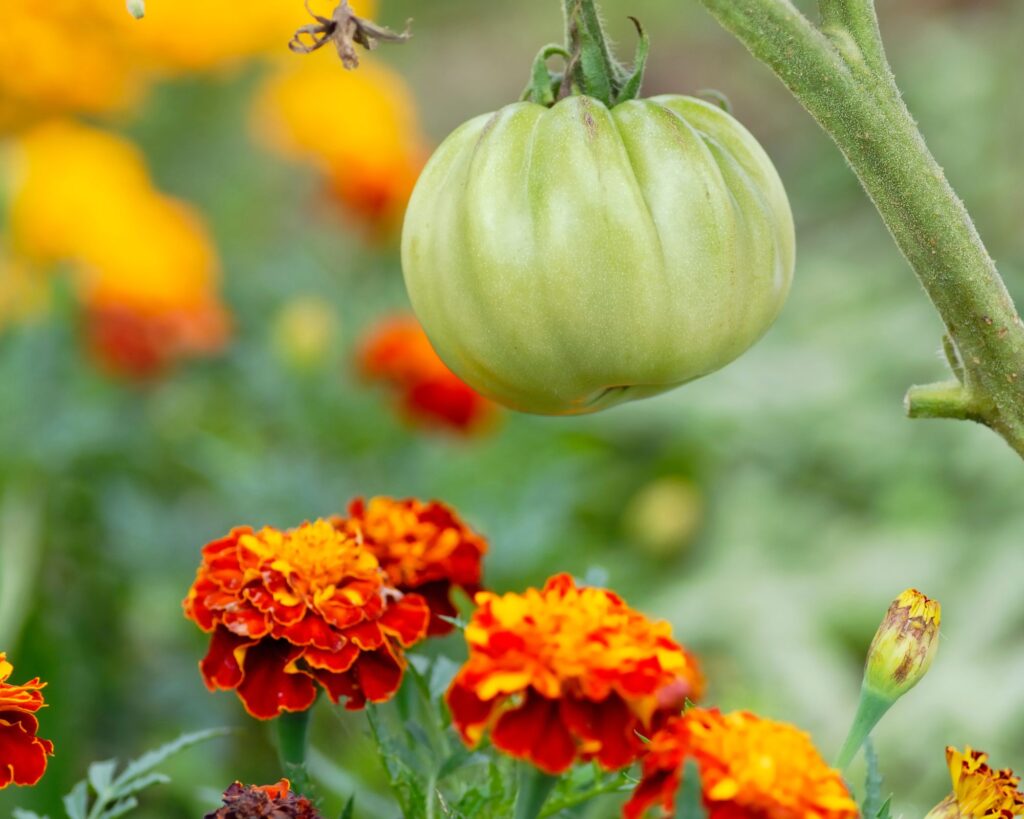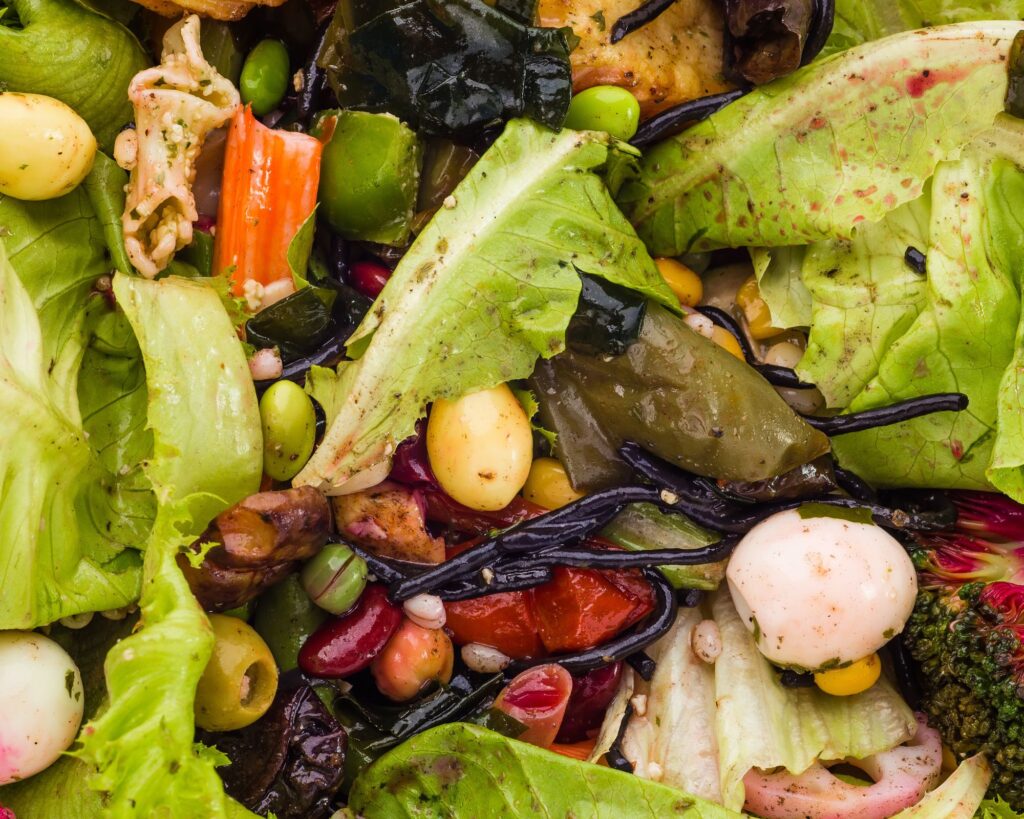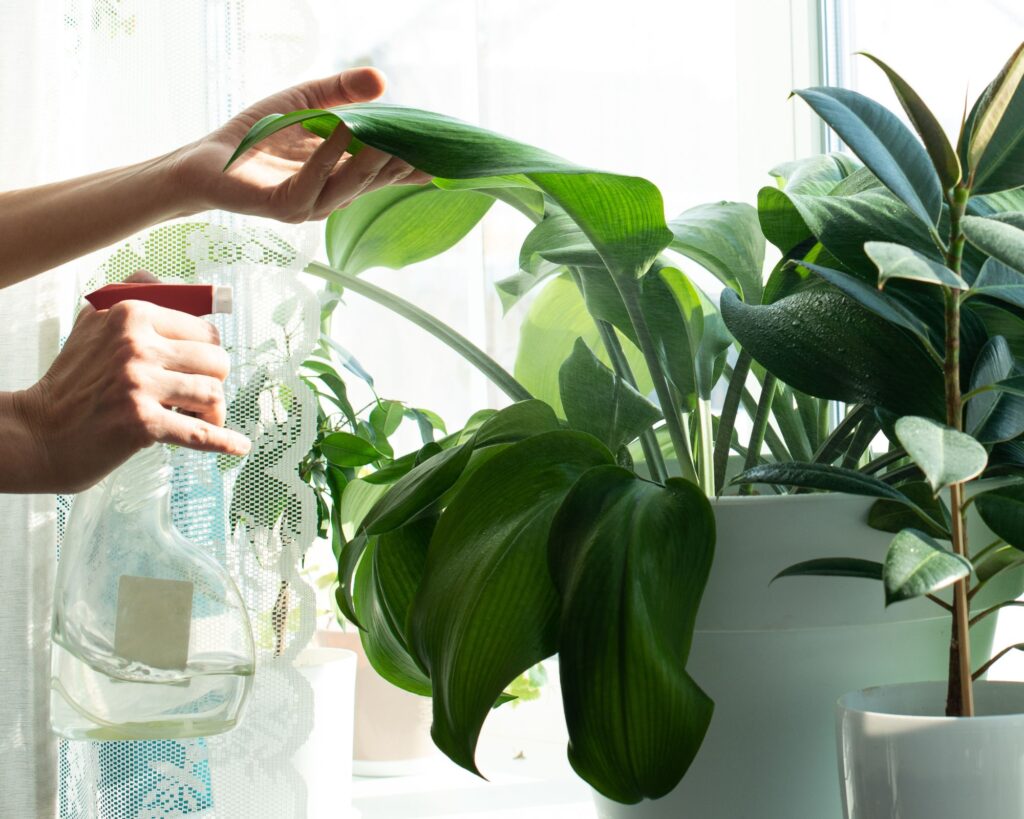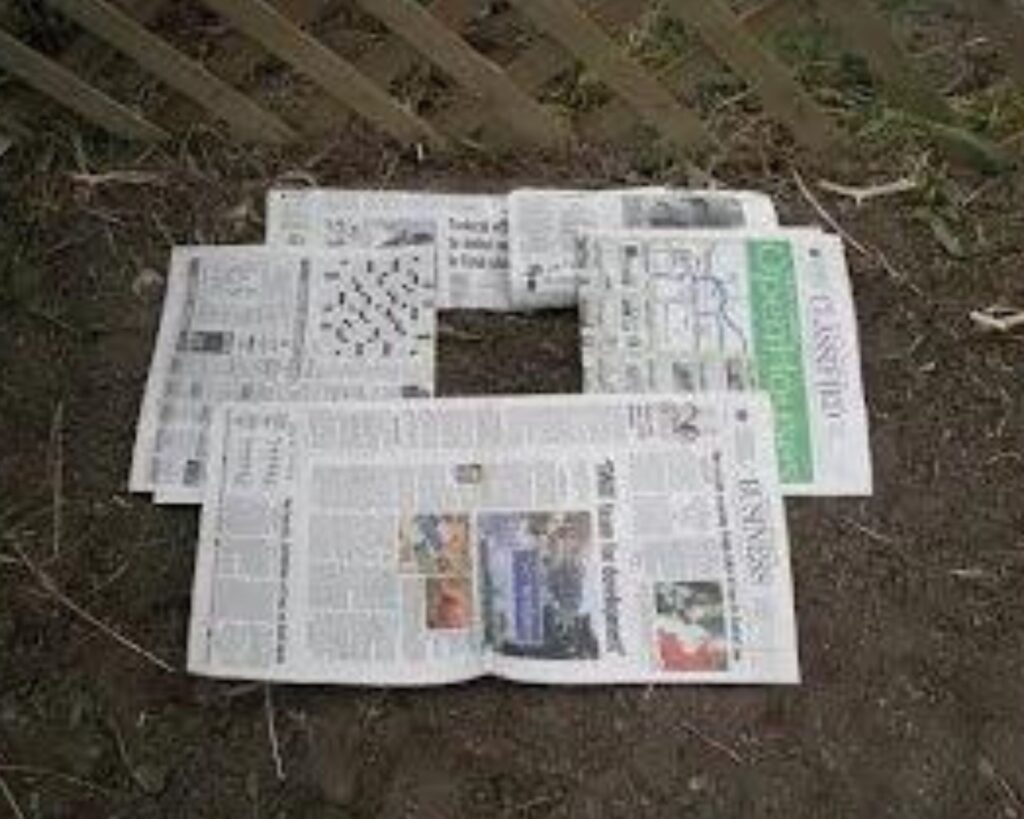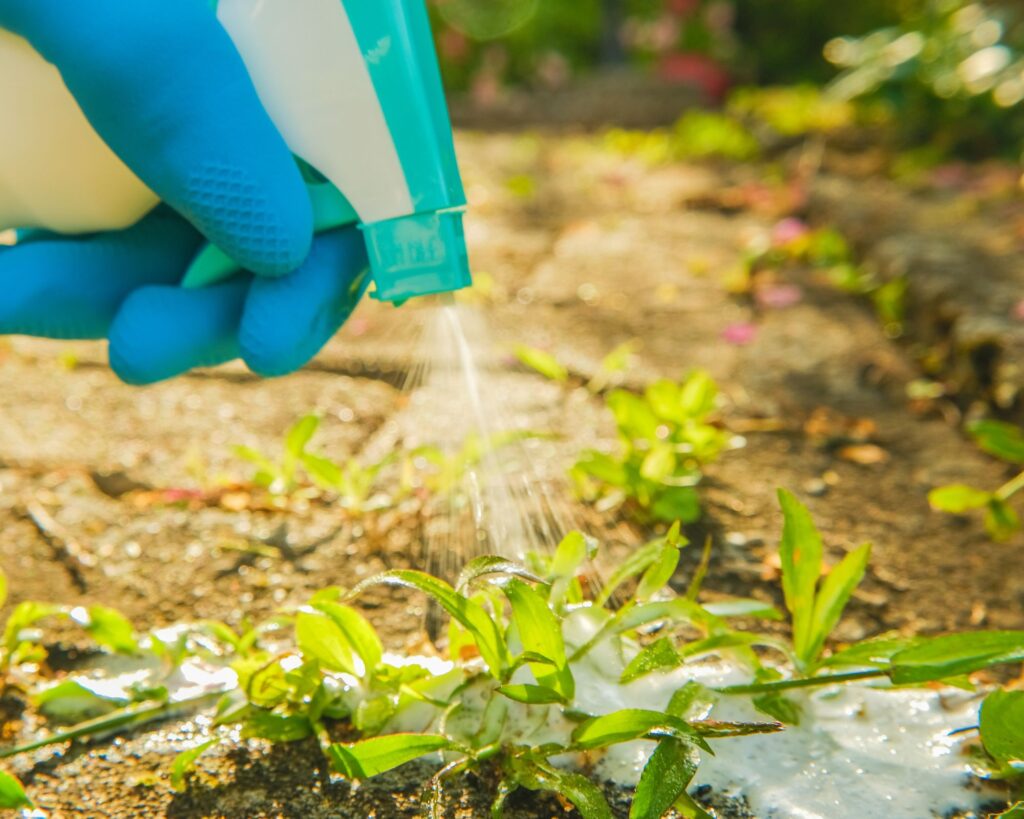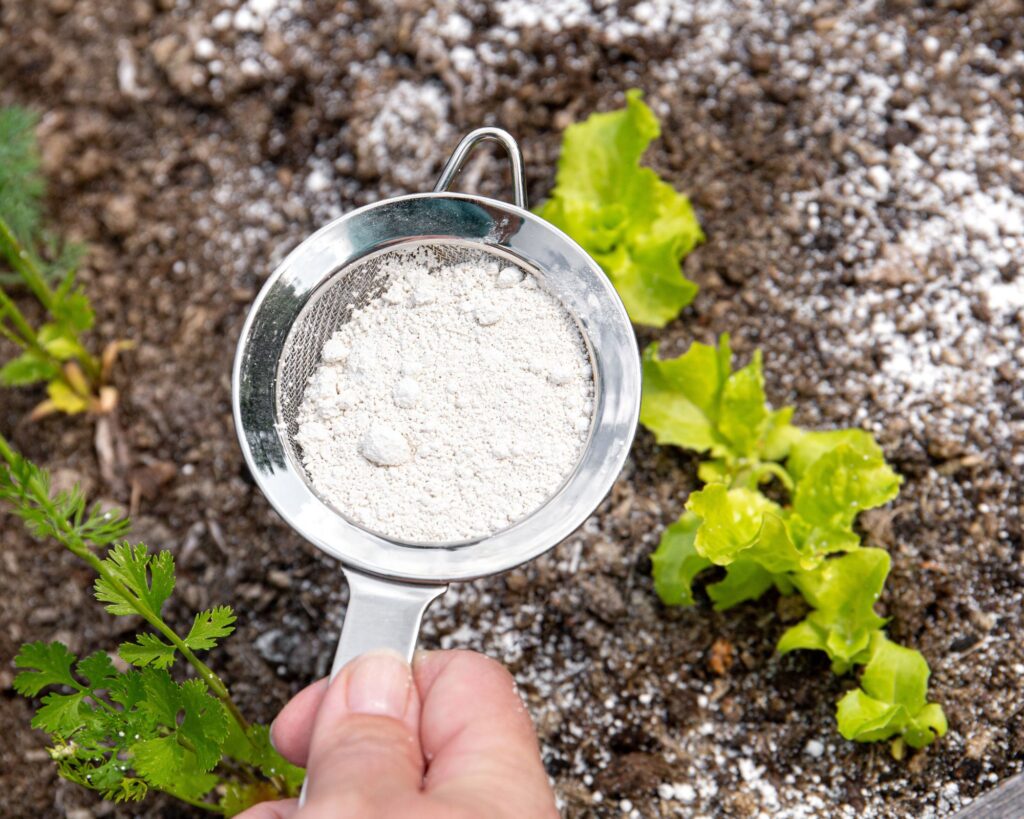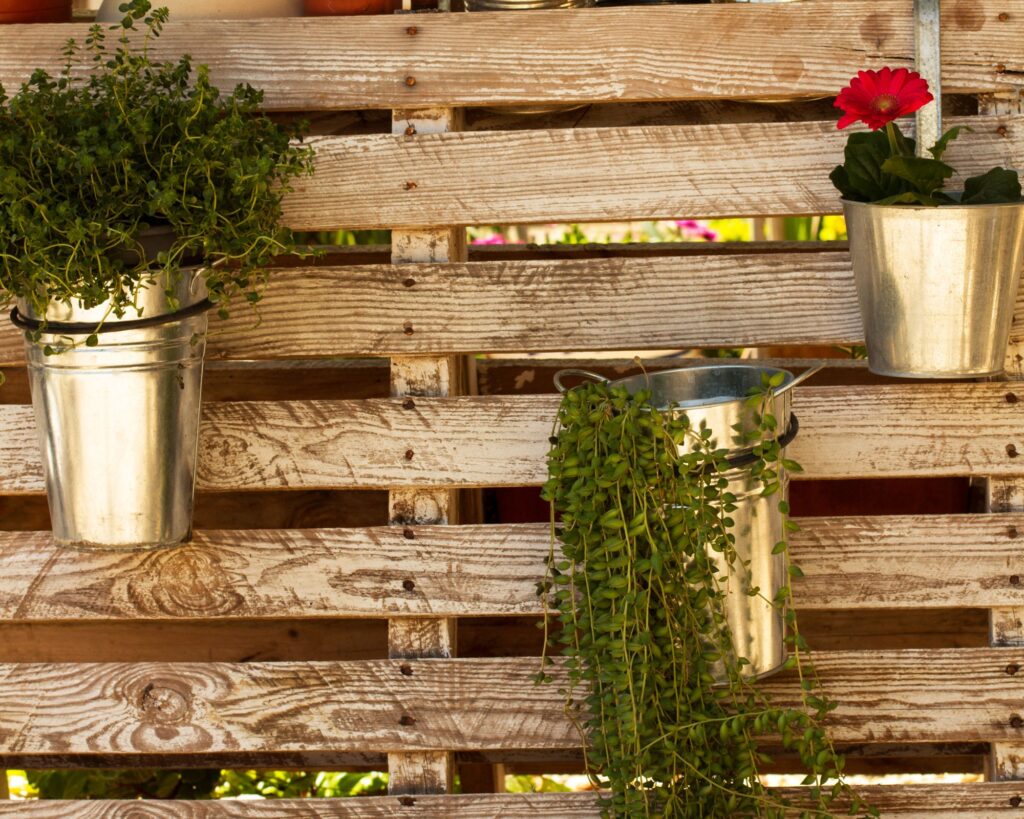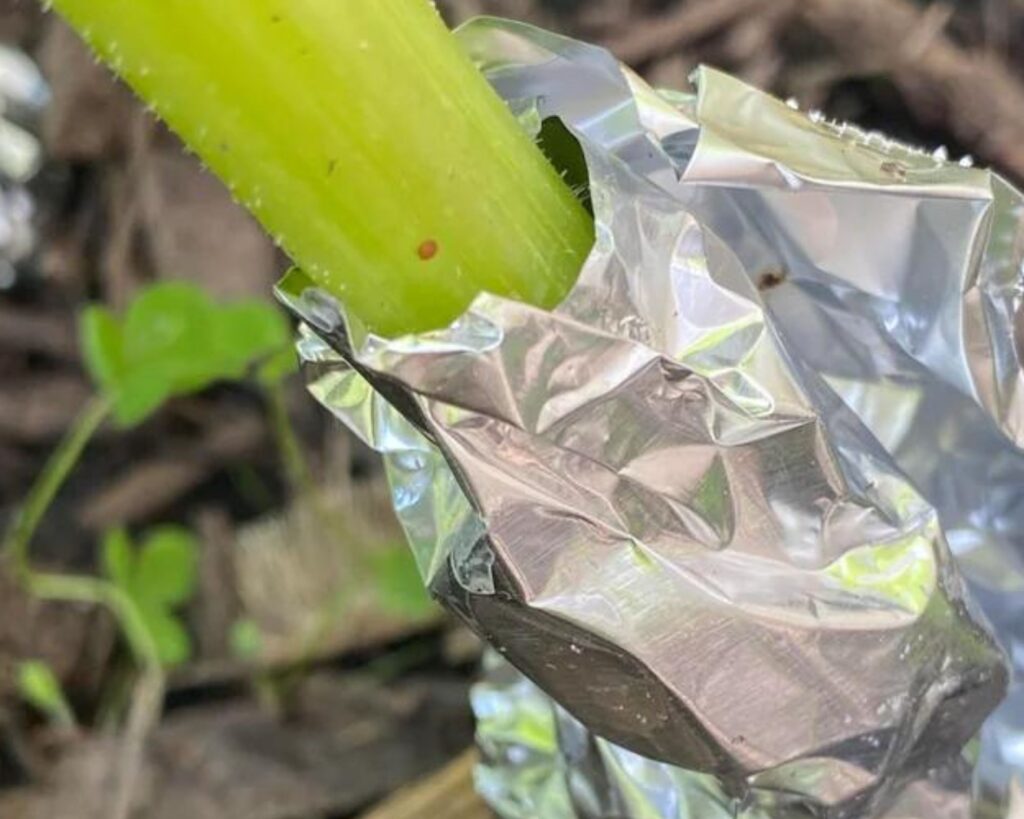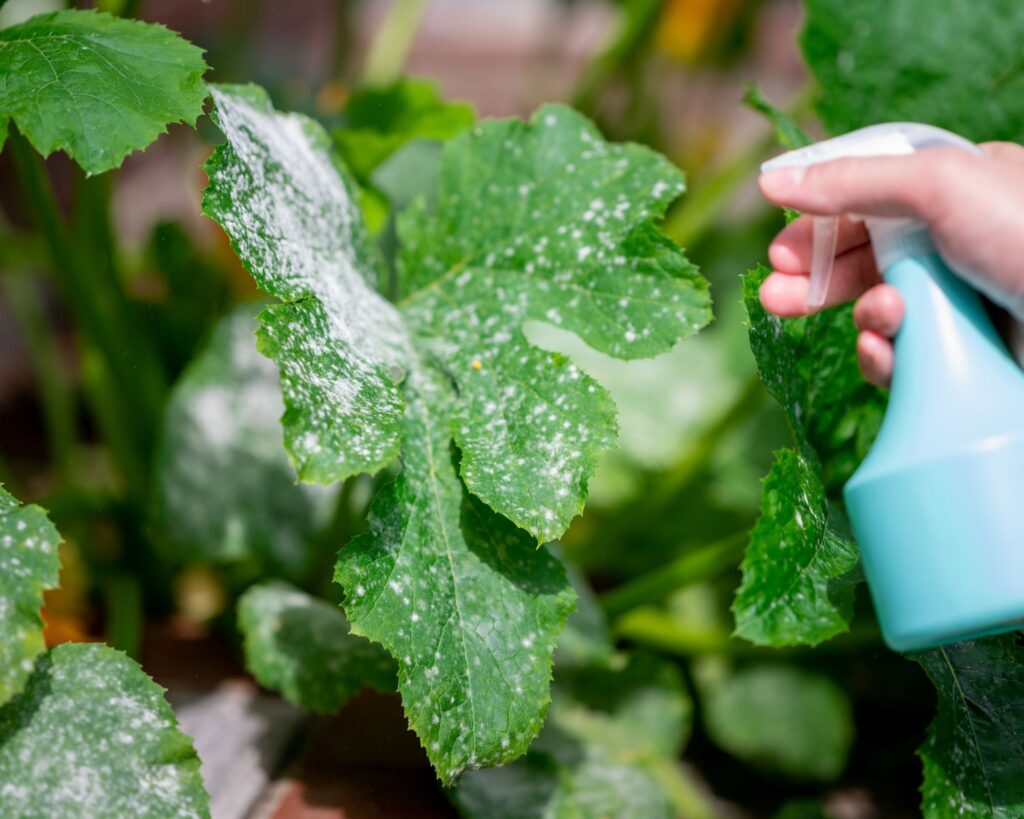What if your garden could be healthier, more vibrant, and easier to maintain – all with a few clever tricks? Welcome to the world of genius gardening hacks!
These are the insider secrets every gardener wishes they knew sooner, and they’ll revolutionize how you care for your plants.
From transforming your garden space to giving your plants a boost, these 20 tips are all about working smarter, not harder.
Get ready to discover the hacks that will make gardening a breeze!
1. Use Coffee Grounds as Fertilizer
Don’t toss your used coffee grounds! They make excellent fertilizers, especially for acid-loving plants like roses, azaleas, and blueberries.
Coffee grounds are rich in nitrogen, providing plants with an essential nutrient for healthy growth. Just sprinkle them around the base of your plants or add them to your compost pile to give your garden a caffeine boost!
Bonus Tip: Coffee grounds can also deter pests like slugs and snails, making them a natural and safe insect repellent.
2. DIY Self-Watering Systems with Plastic Bottles
Going on vacation and worried about your plants drying out? A simple solution is to create a self-watering system using plastic bottles.
Poke a few holes in the cap of a plastic bottle, fill it with water, and bury the bottle (cap-down) near the roots of your plant. As the soil dries, the water will slowly release, keeping the soil moist and your plants hydrated.
Why This Works: It’s a cheap, easy, and eco-friendly way to recycle plastic and maintain your garden when you’re not around.
3. Eggshells as Pest Control
Crushed eggshells are not only a great source of calcium for your soil, but they can also act as a deterrent to pests like slugs and snails. The sharp edges of the eggshells make it difficult for these pests to crawl across, protecting your plants from their damage.
How to Use: Simply crush the shells and sprinkle them around your plants to form a barrier.
4. Mulch with Grass Clippings
Instead of tossing away grass clippings after mowing, use them as mulch in your garden. Grass clippings help retain soil moisture, suppress weeds, and as they decompose, they release essential nutrients back into the soil.
Just make sure the clippings are dry before applying them as mulch to avoid mold growth.
Sustainability Tip: This is an excellent way to recycle organic matter and reduce garden waste.
5. Banana Peels for Healthier Plants
Banana peels are rich in potassium and phosphorus, essential nutrients that can promote healthy plant growth. Bury a banana peel near the base of your plant or blend it into the soil.
You can also make banana peel tea by soaking them in water for a few days and using the liquid to water your plants.
Works Best For: Roses and other flowering plants that benefit from added potassium.
6. Reuse Wine Corks for Garden Markers
If you’re into wine and gardening, this hack is for you. Repurpose your old wine corks as plant markers. Attach a wooden skewer to the cork and write the name of your plants with a permanent marker.
It’s a chic, eco-friendly, and functional way to label your plants.
7. Use Epsom Salt for Greener Plants
Epsom salt is a great source of magnesium and sulfate, which helps plants absorb essential nutrients like nitrogen and phosphorus.
Dissolve 1 tablespoon of Epsom salt in a gallon of water and use this solution to water your plants every few weeks. Your plants will respond with lush, green growth!
Bonus: Epsom salt can also help deter pests like aphids when sprinkled around the garden.
8. Create a Seed Starter Using Egg Cartons
Instead of buying seed-starting trays, use an empty egg carton to plant your seeds. Egg cartons are biodegradable, making them an eco-friendly option for starting seeds.
Just fill the compartments with soil, plant your seeds, and when they’re ready to be transplanted, simply cut the carton and plant it directly into the ground.
Why This Works: It’s a great way to repurpose waste and avoid using plastic.
9. Use Baking Soda for Sweeter Tomatoes
Baking soda can help reduce the acidity in your soil, making your tomatoes sweeter. Sprinkle a small amount of baking soda around the base of your tomato plants.
As the plant absorbs the baking soda, the fruit will take on a sweeter taste.
Caution: Be sure to apply the baking soda carefully, as too much can harm the plant.
10. Cinnamon as a Natural Fungicide
Cinnamon is a fantastic natural fungicide that can help prevent damping-off disease in seedlings and root rot in houseplants. Sprinkle some cinnamon on the soil surface or on cuttings to encourage healthy root growth and prevent fungal infections.
Other Uses: Cinnamon also repels ants, making it a multipurpose garden tool.
11. Hydrogen Peroxide for Root Rot
If you’re dealing with overwatered plants and root rot, hydrogen peroxide can come to the rescue. Mix one part 3% hydrogen peroxide with two parts water and use it to water your plants.
The solution adds extra oxygen to the roots, helping them recover from root rot while also preventing fungal infections.
Note: Use sparingly, as too much hydrogen peroxide can damage plants.
12. Incorporate Companion Planting for Pest Control
Companion planting is the practice of growing plants together that benefit each other. For example, planting marigolds near tomatoes can help deter pests like aphids and whiteflies.
Basil, when planted alongside peppers or tomatoes, improves flavor and helps repel mosquitoes.
Why This Works: It encourages biodiversity and reduces the need for chemical pest control.
13. Turn Kitchen Scraps Into Compost
Instead of throwing away food scraps, compost them! Items like vegetable peelings, fruit scraps, eggshells, and coffee grounds are great additions to your compost bin.
This nutrient-rich compost can then be used to enrich your garden soil, reducing the need for synthetic fertilizers.
Pro Tip: Keep a small compost bin in your kitchen for easy scrap collection.
14. Watering Plants with Aquarium Water
If you have an aquarium, don’t throw away the water when you clean it. Fish waste is rich in nitrogen, which is a natural fertilizer for plants. Use this nutrient-rich water to water your garden plants, especially vegetables, for a noticeable growth boost.
Benefits: This is an eco-friendly way to fertilize your plants without using chemical products.
15. Use Newspaper as Weed Barrier
Lay sheets of newspaper in your garden beds before mulching to suppress weeds. The newspaper prevents sunlight from reaching weed seeds, stopping them from germinating.
Over time, the newspaper will decompose, enriching the soil with organic matter.
How to Use: Lay 3-4 sheets thick and cover with mulch. Be sure to avoid using glossy paper, which doesn’t decompose as easily.
16. Use Vinegar to Kill Weeds
Vinegar is a natural and effective weed killer, especially for those hard-to-remove weeds growing between cracks in your patio or driveway. Simply mix vinegar with a bit of dish soap and spray it directly on the weeds.
The acetic acid in the vinegar will dehydrate the weeds, while the soap helps it stick to the plants.
Tip: Be careful to avoid spraying this solution on your desirable plants, as it can harm them too.
17. Protect Your Plants with Diatomaceous Earth
Diatomaceous earth (DE) is a natural, non-toxic powder made from the fossilized remains of tiny aquatic organisms. It can help control a wide variety of pests, including ants, beetles, and slugs, by damaging their exoskeletons.
Sprinkle DE around the base of your plants or in areas where pests are a problem.
Bonus: DE is safe for humans and pets, making it a great option for organic gardeners.
18. Create a Vertical Garden with a Pallet
If you’re short on space, a vertical garden using a wooden pallet is a fantastic way to grow herbs, flowers, or small vegetables.
Simply secure landscaping fabric to the back and sides of the pallet to create pockets for soil, then plant your desired crops. You can lean the pallet against a wall or fence for a stylish, space-saving garden.
Perfect For: Apartments or homes with limited gardening space.
19. Repel Aphids with Aluminum Foil
Aphids can wreak havoc on your plants by sucking out the sap and causing stunted growth. A simple hack to repel them is to use aluminum foil.
Place strips of foil around the base of your plants or underneath them in your garden beds. The reflective surface confuses aphids, keeping them away.
Why This Works: The reflection also increases light exposure, boosting plant growth.
20. Use a Milk Spray for Powdery Mildew
If you’ve noticed powdery mildew on your plants, especially on cucumbers, squash, or roses, try using a milk spray to treat it. Mix one part milk with two parts water and spray the affected areas.
The proteins in the milk act as a natural fungicide, killing the mildew and preventing it from spreading.
Pro Tip: Apply this solution early in the morning so that the sun can help dry the leaves, reducing the risk of further fungal growth.
